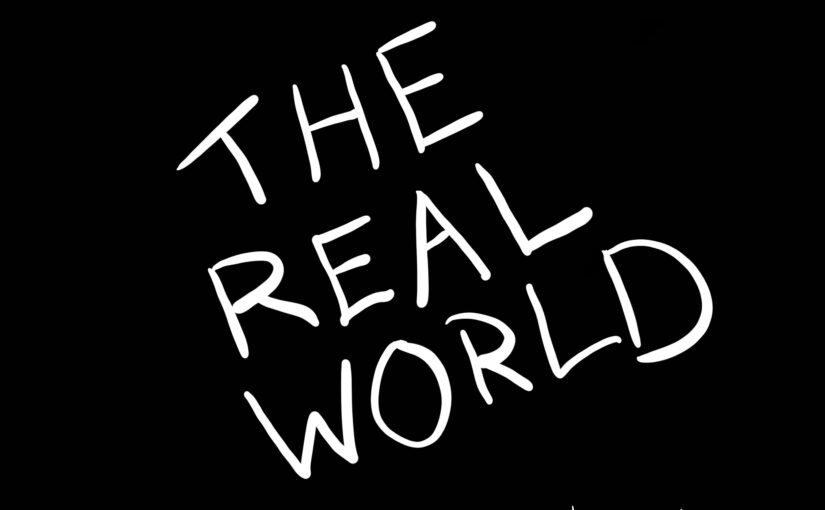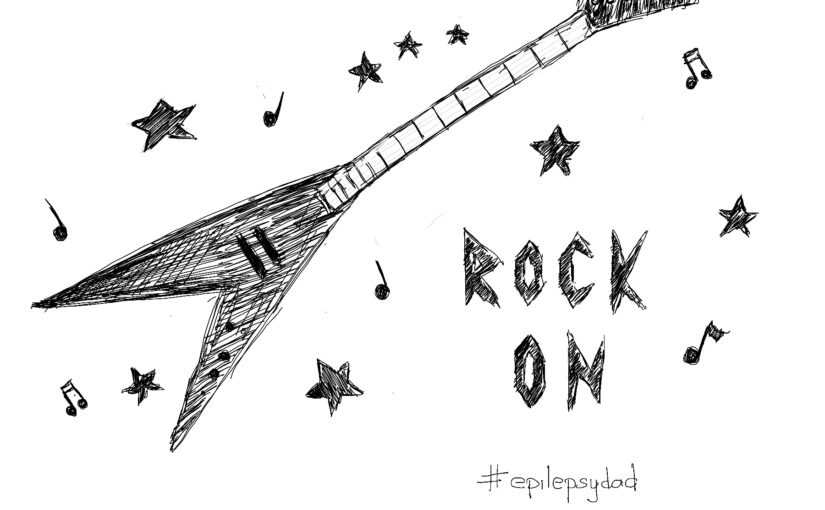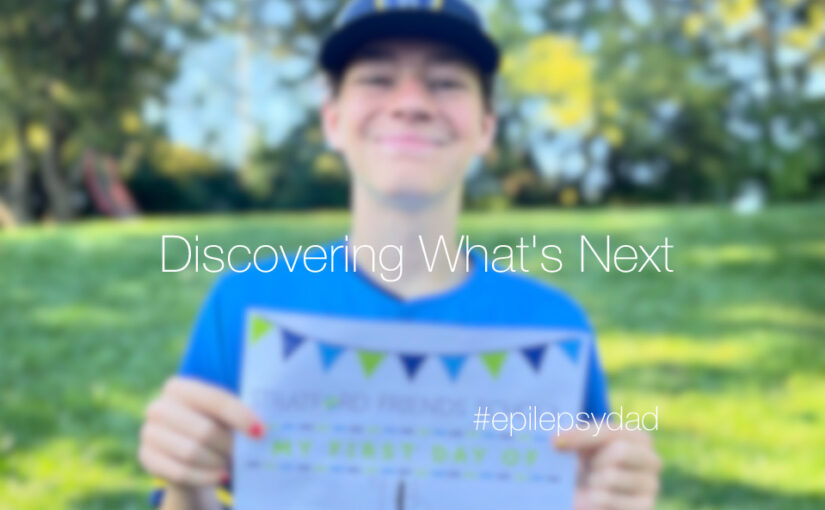This is the true story…of seven strangers…picked to live in a house…(work together) and have their lives taped…to find out what happens…when people stop being polite…and start getting real…The Real World.
Around the time I graduated high school, MTV launched a show called The Real World. The first season followed seven young adults living together in a New York City loft, documenting their interactions, conflicts, and discussions about race and identity. It was marketed as an unscripted glimpse into young adulthood, but in reality, The Real World was anything but real. The show was heavily edited, and its cast was carefully selected to generate conflict and drama. The environment was artificial—a manufactured version of adulthood designed for entertainment rather than truth.
Lately, I’ve been thinking about that contrast between reality and expectation as we navigate our own version of The Real World—helping our son transition into adulthood. We’re working with a transition counselor to understand his path forward, and it’s forcing us to confront some hard realities about his future.
This process has resurfaced unanswerable questions and concerns about how much support our son would need to get through his daily life. Will he remember to take his medication? Does he know when to do laundry? Will he remember to turn the stove off? Would he be able to finish chores and tasks without getting distracted?
The scripted version of adulthood—the one where you turn 18, go to college or get a job, and move into your own place—isn’t the one we’re working with. Instead, we’re piecing together a different kind of future shaped by his abilities, challenges, and the resources available to help him live as independently as possible.
The good news is that there are benefits and programs designed to support people like him. However imperfect, there are systems in place that can help him build a life. A life where he can find his own sense of independence, identity, and path.
The bad news is that these systems and benefits are the same ones under attack by the current administration. Social Security, Medicare, Medicaid, the Department of Education, and support for non-profits are all in danger of being eliminated or losing some or all of their funding. The uncertainty of the future of these vital support programs directly correlates with the uncertainty I feel about my son’s future.
Ultimately, this is the real world that I am thinking about. Not the one made for television, but the one that exists where there are no cameras. A world that is not made for people like him. A world where, one day, he’ll have to live without us, whether those support systems exist or not. What that world looks like and what his quality of life will be in that world is what we are fighting for.
It’s not scripted.
It’s not edited for drama.
It’s just real.



